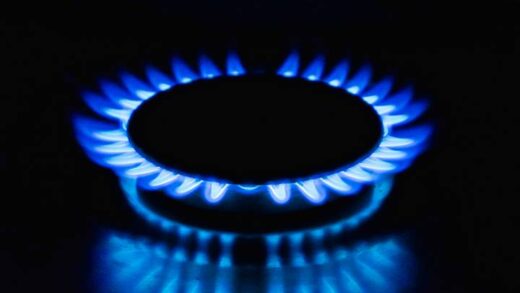If you live in a rural part of a region, life is significantly different than the standard of living in a large metropolis. However, there are some factors that bind the two areas together in terms of necessities. One of these aspects is insurance, which will benefit a farmer in more ways than one.
Farm insurance is crucial for all farmers, because it ensures that investments such as livestock are protected, in the event of a disaster. One other feature of getting adequate coverage is farm vehicle protection. If you are a farmer who is looking into vehicle insurance policies, follow these tips to find the best policy for you.
1. Know the different types of farm vehicle insurance
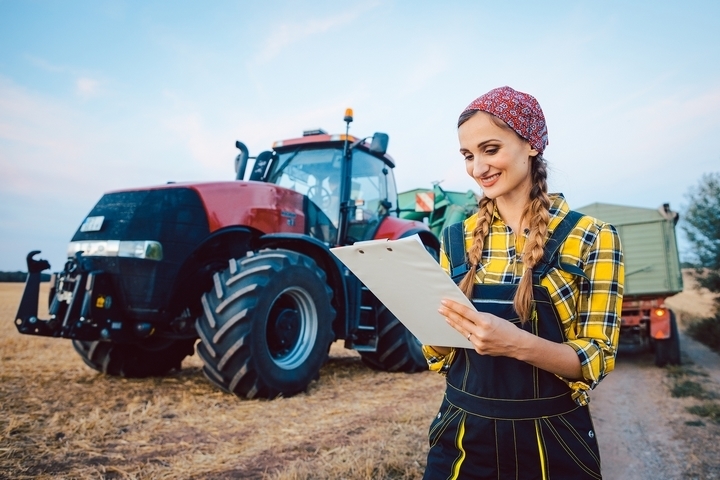
Insurance can be a relatively tricky process to navigate. There are an enormous amount of options to choose from, each of which covers a specific aspect of your day-to-day operations. Having personal liability insurance, or property insurance, does not necessarily cover the vehicles operating on your farm.
Most farmers, as well as those running a small business on a ranch, will have to do some research. The best choice to go with is with a company that offers separate vehicle insurance. That way, you’ll know that your vehicles are covered, in the event that they are potentially damaged or negatively affected.
2. Understand what is defined as a farm vehicle
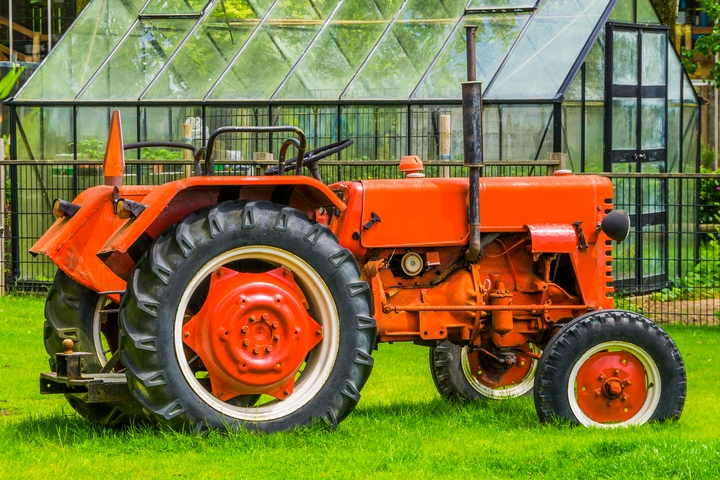
Vehicle insurance, as it applies to a farmer’s operations, is similar to most auto insurance policies. The basics involve attaining proper coverage for the vehicles you use for work on farms. These vehicles can include, but are not limited to, trailers or tractors. Depending on the vehicle itself, you may also be entitled to sufficient coverage.
Discussing your circumstances with a relevant insurance agent is, therefore, vital. You do not want to get into an accident, have the other party sue you, and find out that the insurance you have doesn’t apply to your vehicle. Farmer vehicle insurance is very meticulous, but is designed to protect you at the end of the day.
3. Check the mandatory insurance coverage

Now, when it comes to vehicle insurance, there are two, specific variations that a farmer will have to acquire. The first type is called third party liability insurance, which is required by law. This auto insurance policy designates coverage, in which you are protected if your vehicle gets into a collision. Should this collision cause injury or death, it will still provide coverage.
The second type of mandatory coverage is known as accident benefits. If a collision injures or kills passengers in your vehicle, you will be entitled to certain incentives. This coverage also applies to yourself as well. You never know when a catastrophe may strike; having these compulsory types of vehicle insurance coverage is, therefore, pivotal.
4. Get collision protection for farm vehicle
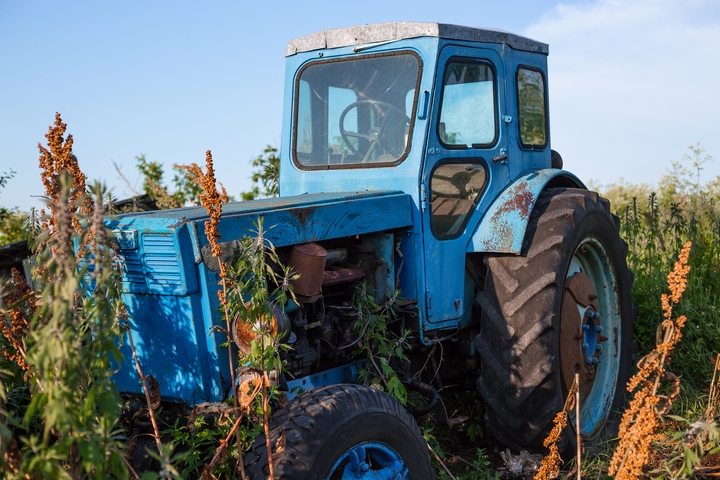
For the financial aspect of a collision, you’ll want to ensure you have as much protection for your farm vehicle as possible. Collision insurance goes one step further, in terms of what can be provided, and is generally useful to have. If a disaster strikes, or if your vehicle is compromised due to a crash, you will be reimbursed for the damages incurred.
No matter if your vehicle in question suffered a collision with another vehicle, or if it rolled over, you will be compensated. Depending on which insurance provider you choose, the deductible will vary in terms of the vehicle type. Make sure you discuss this with your provider, to receive a thorough plan!
5. Upgrade insurance for comprehensive protection
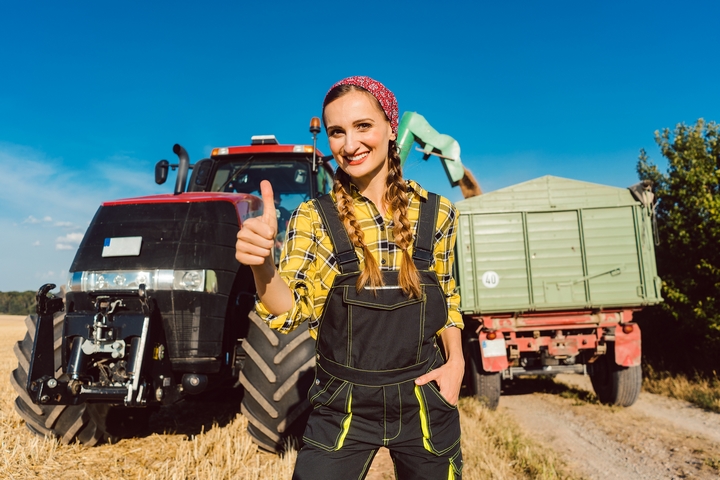
Relevant data sources have illustrated that collisions are the main source of damage incurred by farm vehicles. However, they are not the only source for harm to be sustained. If your farm vehicle becomes damaged by hazards such as fire, you will be entitled to reimbursement.
Comprehensive insurance is vital in this scenario, and will provide protection in the event of disaster. Although you may feel like it isn’t worth getting, arbitrary factors can occur at any moment. Protecting yourself against this will ensure both your farm vehicle, and finances, remain in good shape.
6. Customize your farm vehicle insurance coverage
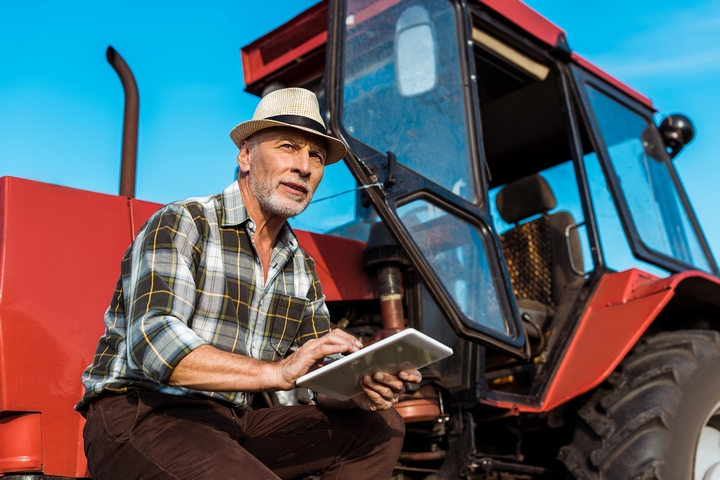
Although mandatory and physical damage are the main types of farm vehicle insurance to acquire, further customizations exist. For example, farmers may choose to get an extended fire and theft deductible, which prolongs the losses garnered from a vehicle collision. No matter what plan you inevitably go with, the extra protection doesn’t hurt!
7. Get additional insurance coverage for the vehicle

There also exists several scenarios in which further coverage will protect your farm vehicle from damage. Glass on your vehicle, for example, can be adequately insured. Depending on the state of your vehicle, the deductible you receive will vary. It never hurts to be too informed on your options available.
Getting your hands on the right auto insurance plan is extremely important. As it pertains to a farmer’s livelihood, several options exist, in order to fully protect the vehicles used on their land. Always be sure to ask an insurance provider questions, until you are confident in choosing a plan!



